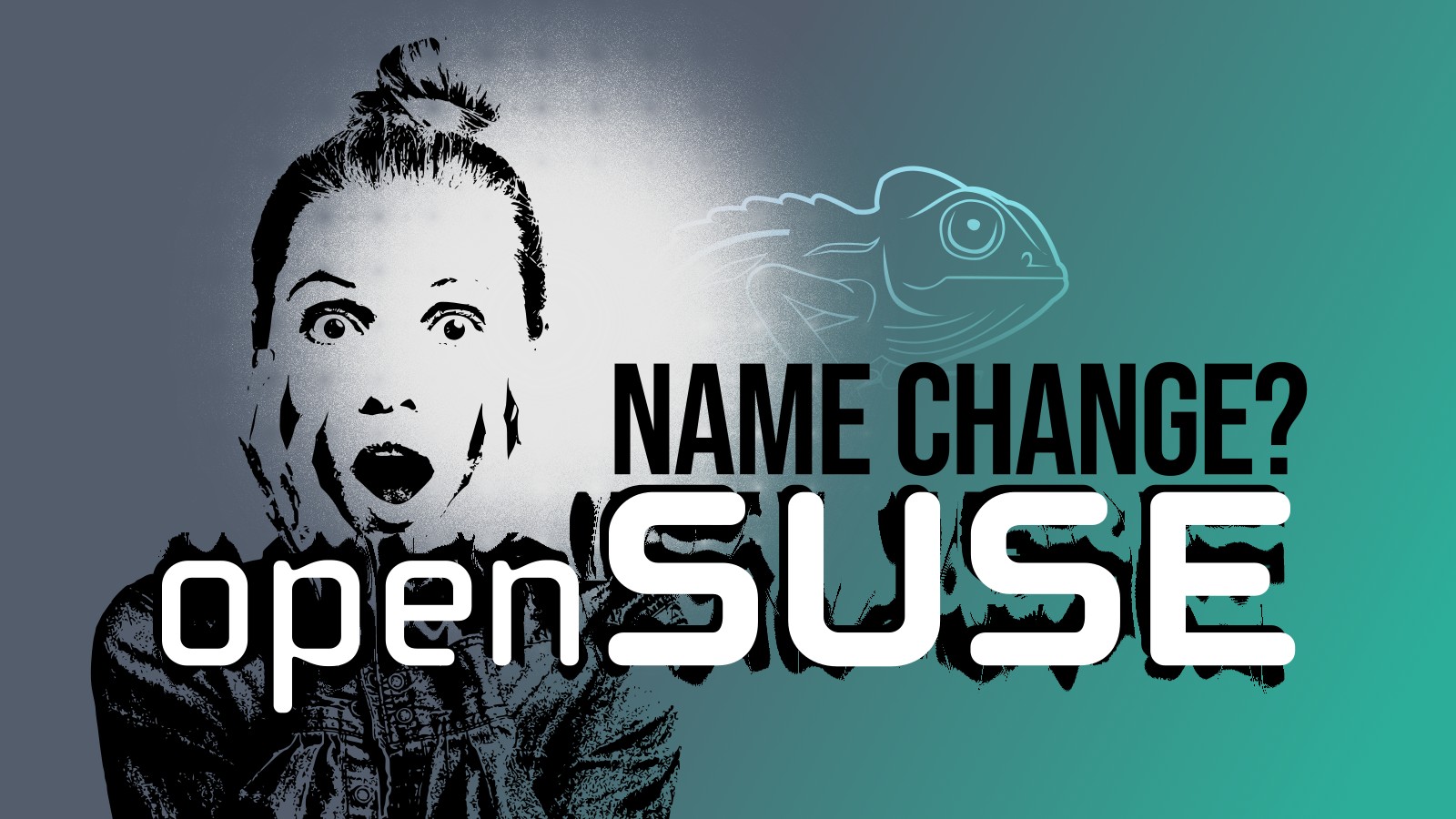- cross-posted to:
- [email protected]
- cross-posted to:
- [email protected]
Believe it or not, an unexpected conflict has arisen in the openSUSE community with its long-time supporter and namesake, the SUSE company.
At the heart of this tension lies a quiet request that has stirred not-so-quiet ripples across the open source landscape: SUSE has formally asked openSUSE to discontinue using its brand name.
Richard Brown, a key figure within the openSUSE project, shared insights into the discussions that have unfolded behind closed doors.
Despite SUSE’s request’s calm and respectful tone, the implications of not meeting it could be far-reaching, threatening the symbiotic relationship that has benefited both entities over the years.



I wonder what’s the safe haven now then, Debian? This call to flee is reminiscent of what happened to RedHat supported distributions, like Fedora, after the whole CentOS Stream debacle. It seems in the end it didn’t change much for the distribution as far as an end user like me is concerned (at least up till now). All this to say, we should also try to see how impactful the clarification is going to be
Ah Debian, truly the most stable distro, in ever so many ways.
Too bad GNOME devs are ludicrous lol.
I mean you don’t have to use Gnome with debian, iirc they have options for KDE plasma and xfce among others as well.
The freeze-the-world “stable distro” concept is an outdated meme, especially when it comes to desktop usage.
In server usage, at least there is the idea of not breaking things by avoiding major version upgrades of used services/daemons. But even then, freezing the used services alone, while letting other system components have what may amount to thousands of fixes for some of them (and yes, a few bugs), is probably better, at least conceptually. But it’s admittedly not a well supported setup, unless you’re willing to basically maintain a distro yourself.
And no, the “stable” distro maintainer is not going to magically backport all the “important” changes, unless backport means applying an almost full diff from a later version of the source package.
(I actually mention this because I remember Debian doing this a long time ago with what I think was ffmpeg. lol.)
Many desktop users know this.
Upstream developers definitely know this, and occasionally write about it even.
(I was a Debian user many moons ago. That was before systemd came to existence, or PulseAudio became default in any distro. Went from stable to testing to sid. Testing was the worst, even stability wise. Sid was the best for desktop usage. Then a sid freeze came because a stable release cycle was near. Went to a rolling-release distro and never looked back.)